Bardiani–CSF quits the Mouvement Pour un Cyclisme Crédible
Italian team angry about treatment following low cortisol case at the Giro d'Italia
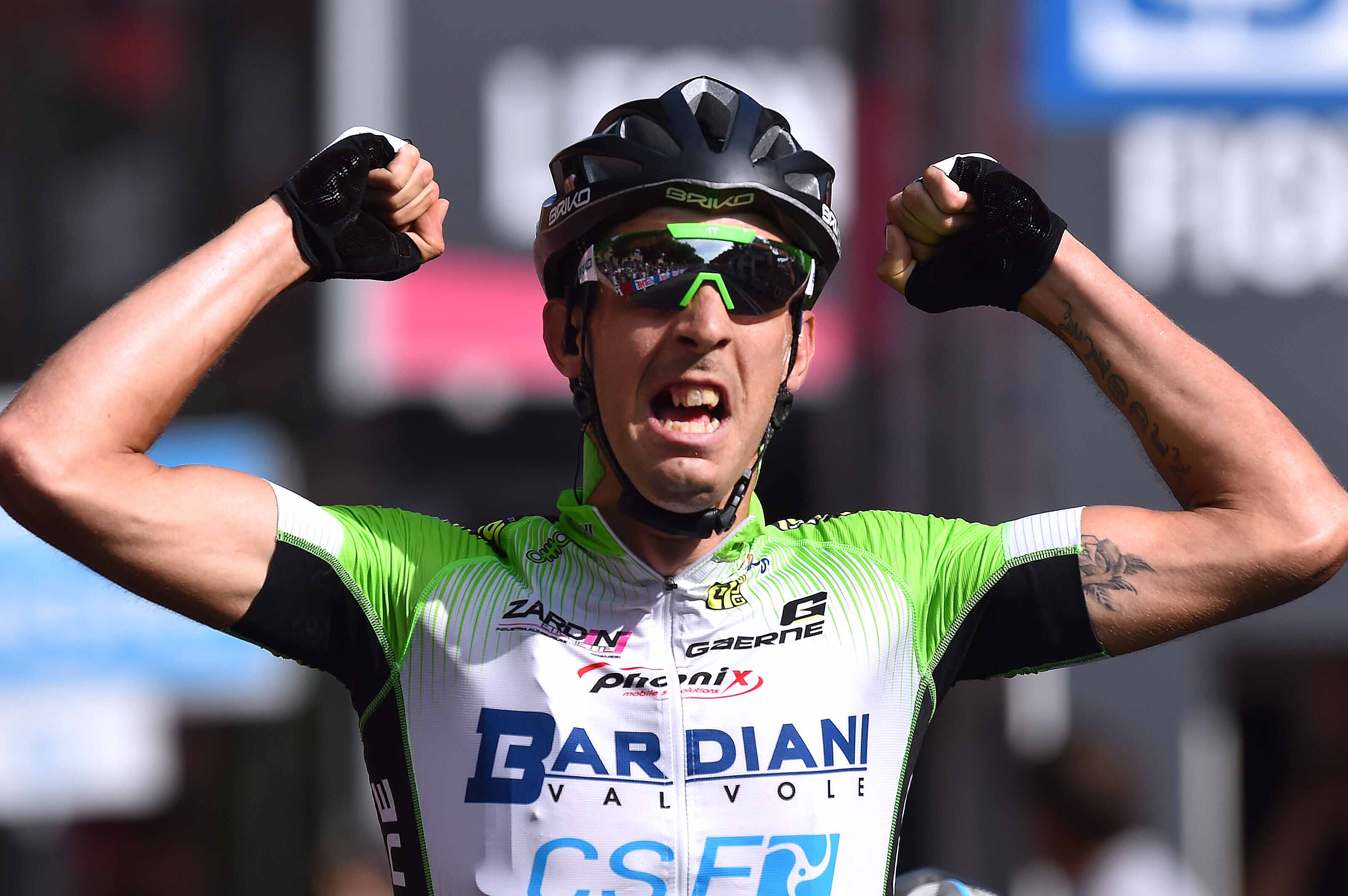
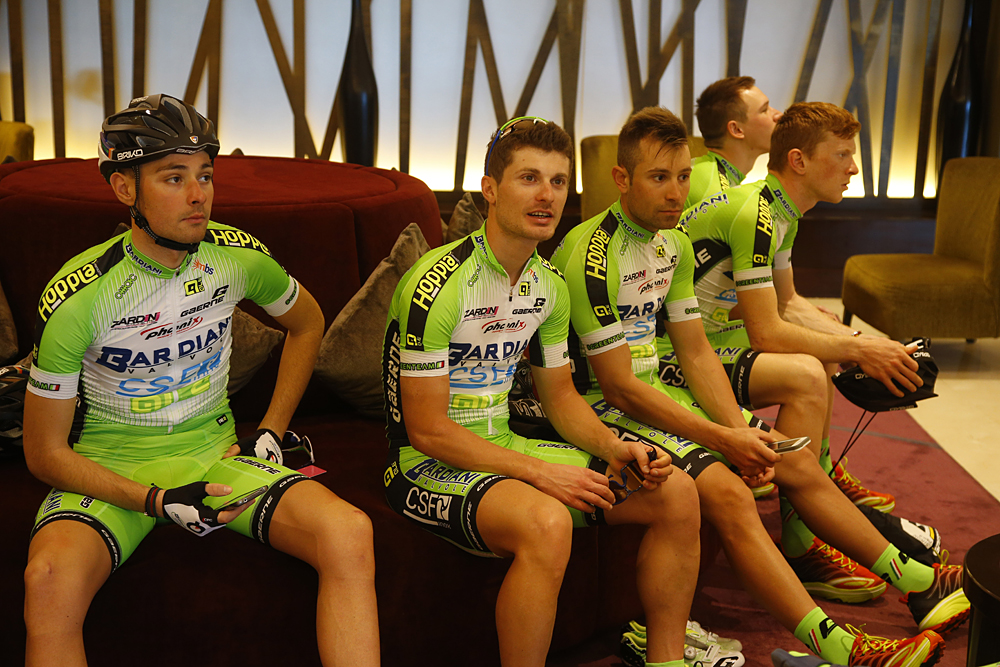
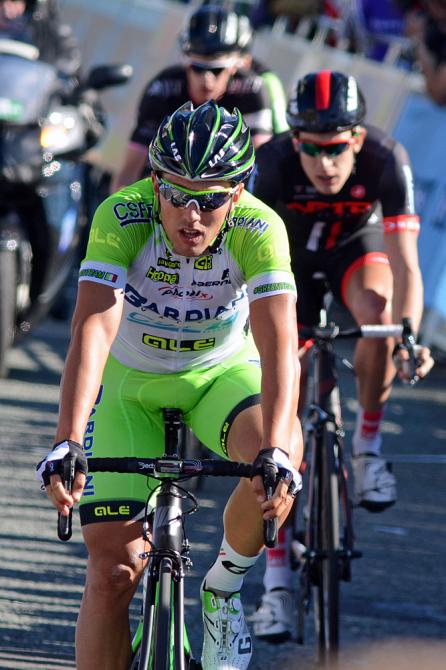
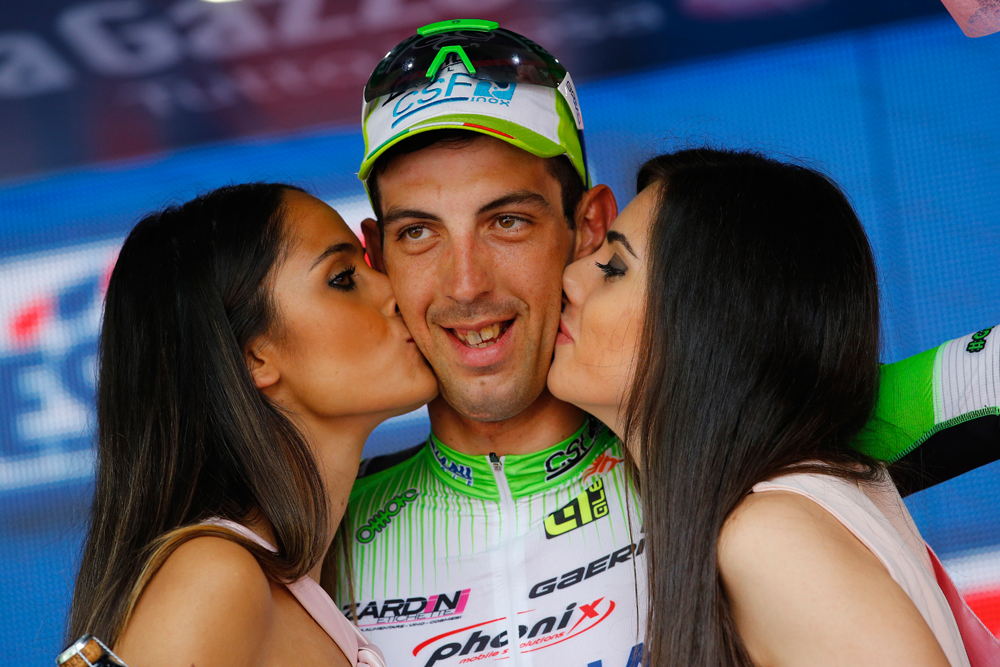
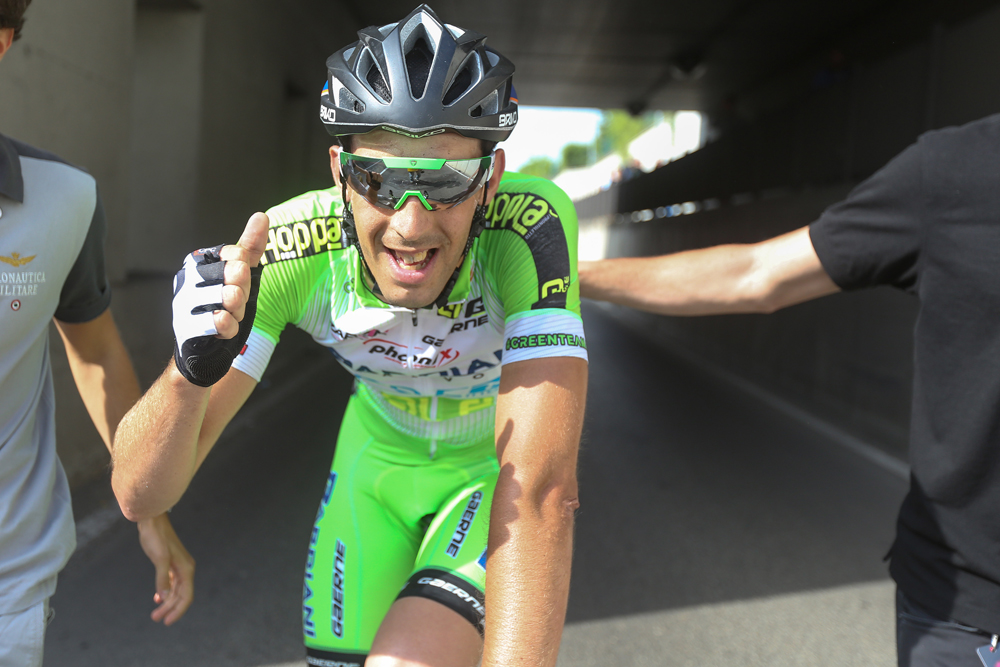
The Bardiani-CSF team has announced it has quit the Mouvement Pour un Cyclisme Crédible (MPCC), justifying its decision on the way the voluntary association made public that one of the Italian team’s riders had started the Giro d'Italia with low cortisol levels.
The MPCC first claimed that a Bardiani-CSF rider started the Giro d'Italia with low cortisol levels on May 21, the day after Nicola Boem won stage 10 to Forlì for the Professional Continental team. The news was reported by French newspaper L'Equipe and then the MPCC quickly issued a press release.
The Bardiani-CSF team insisted it has not done anything wrong because the rider's cortisol levels had returned to what it calls 'normal levels' in further tests carried out by the Italian team on Saturday morning, just a few hours before the opening team time trial stage. The pre-race cortisol tests were carried out by the UCI on the Thursday before the race. During the same tests Kiwi rider George Bennett (LottoNL-Jumbo) was also found to have a low cortisol level and was pulled from the race by his team. He later explained that tests proved his allergy/asthma medication had sparked his low cortisol levels.
The Bardiani-CSF team accepts it misinterpreted the MPCC rules by allowing the rider to start the Giro d'Italia instead of resting for eight days as per MPCC rules but blasted the MPCC for the way it handled the case.
The Italian team did not name the rider involved or explain why one of its riders had cortisol limits that were below the MPCC permitted levels.
"We confirm that that we made a mistake on the interpretations of the rules but the rider in question was not responsible for the case and so not allowing him to start the Giro d'Italia would have penalised his future career without it being his fault," team manager Bruno Reverberi argued in an open letter from the team.
"We want to make it clear and underline that the rider started the first stage of the Giro d'Italia on May 9 with normal cortisol values as per the analysis that our doctor sent to the MPCC.
The latest race content, interviews, features, reviews and expert buying guides, direct to your inbox!
"We are very disappointed how events were managed, making us look like a team of dopers. We believe the press release was inopportune both in its way and timing because it didn't resolve anything and didn't allow the team to justify and clarify our position. We were condemned even before we gave our defence.
"We want to point out that our team was one of the first to sign up to the MPCC because we believed in the project but the behaviour towards our team – who will never have a rider involved in doping in its line-up – is totally wrong. As a result of the way the MPCC has behaved, damaging the image of our sponsors and the team, we can only communicate that from today our team no longer believes in the Mouvement Pour un Cyclisme Crédible (MPCC) and ends our membership without any chance of a change of idea."
Bardiani–CSF had been called to a MPCC meeting on June 8 but confirmed it would not attend.
Earlier this season, the Lampre-Merida WordTour team quit the MPCC after deciding to respect Diego Ulissi's contract despite him failing an anti-doping test for asthma drug Salbutamol during the 2014 Giro d'Italia. MPCC rules state that teams cannot sign riders who have served at least a six-month doping ban, for two years after the ban, but the Italian team took him back in, arguing it was a continuation of his contract rather than a signing.

Stephen is one of the most experienced member of the Cyclingnews team, having reported on professional cycling since 1994. He has been Head of News at Cyclingnews since 2022, before which he held the position of European editor since 2012 and previously worked for Reuters, Shift Active Media, and CyclingWeekly, among other publications.